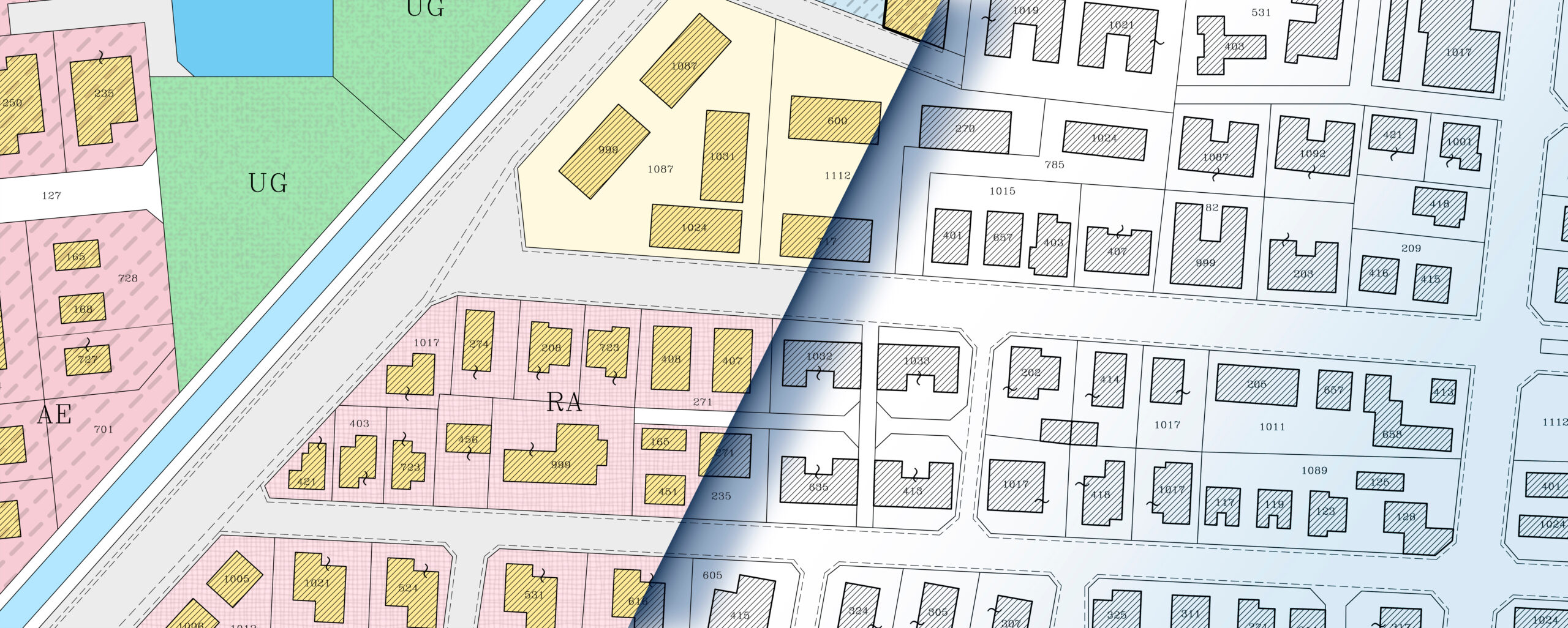Understanding zoning laws is crucial for making informed decisions about where to buy or lease your commercial space. Of course our team of Commercial Real Estate Professionals is available to answer questions, assist you in your search and help you through the maze that zoning regulations can be, but here are a few basic tips to get you started:
What are Zoning Laws?
Zoning laws are local regulations that dictate how properties in specific geographic areas can be used. So, they help organize urban development and ensure that land is used efficiently and safely.
Types of Zones:
While specific zones may vary from town to town, there are some general rules of thumb when it comes to zoning. you should make sure to check the ordinances or bylaws for the specific town you are looking to put your business in. Here are some common types:
- Residential: Areas designated primarily for housing.
- Commercial: Areas intended for businesses, retail, and offices.
- Industrial: Areas set aside for manufacturing and large-scale production.
- Agricultural: Areas primarily reserved for farming and related activities.
- Mixed-Use: Areas that combine residential, commercial, and sometimes industrial uses.
Key Zoning Considerations for Businesses:
- Zoning Classification: Firstly, you should ensure the property is zoned for the type of business you intend to operate. Check if your business type aligns with the allowed uses in the zone.
- Permits and Approvals: Secondly, determine if you need any special permits or variances. Some business activities may require additional approvals from the local zoning board, or if a property is changing the type of tenant, it may need a change of use approval.
- Building Codes: Thirdly, comply with local building codes related to safety, accessibility, setbacks and environmental impact. These regulations can affect renovations or new constructions equally.
- Signage Restrictions: Additionally, be aware of restrictions on business signs including size, color, placement, and lighting.
- Parking Requirements: Finally, ensure adequate parking spaces as per local ordinances, which can vary based on the type of business and expected foot traffic.
Steps to Take:
- Consult Local Zoning Ordinances: Make sure to visit your town or city’s planning and zoning office or website to review relevant zoning maps and ordinances.
- Engage with a Zoning Expert: You should consider hiring a zoning consultant or attorney who specializes in local zoning laws to navigate the complexities and ensure compliance.
- Community Input: You can also participate in public hearings or community meetings. If your business requires special permits, engaging with the community can provide valuable insights and foster support.
Resources:
Below is a list of some of the most popular towns in New Hampshire, Massachusetts and Maine, with links to those towns’ Zoning Bylaws. For information on towns not included, search the town website, your favorite search engine or call the local Zoning department to ask for more information.
New Hampshire
Bedford, NH
Concord, NH
Conway, NH
Dover, NH
Exeter, NH
Hampstead, NH
Hudson, NH
Keene, NH
Laconia, NH
Londonderry, NH
Manchester, NH
Merrimack, NH
Nashua, NH
Portsmouth, NH
Rochester, NH
Salem, NH
For more information or assistance give us a call today at 603-845-2500!

0 Comments